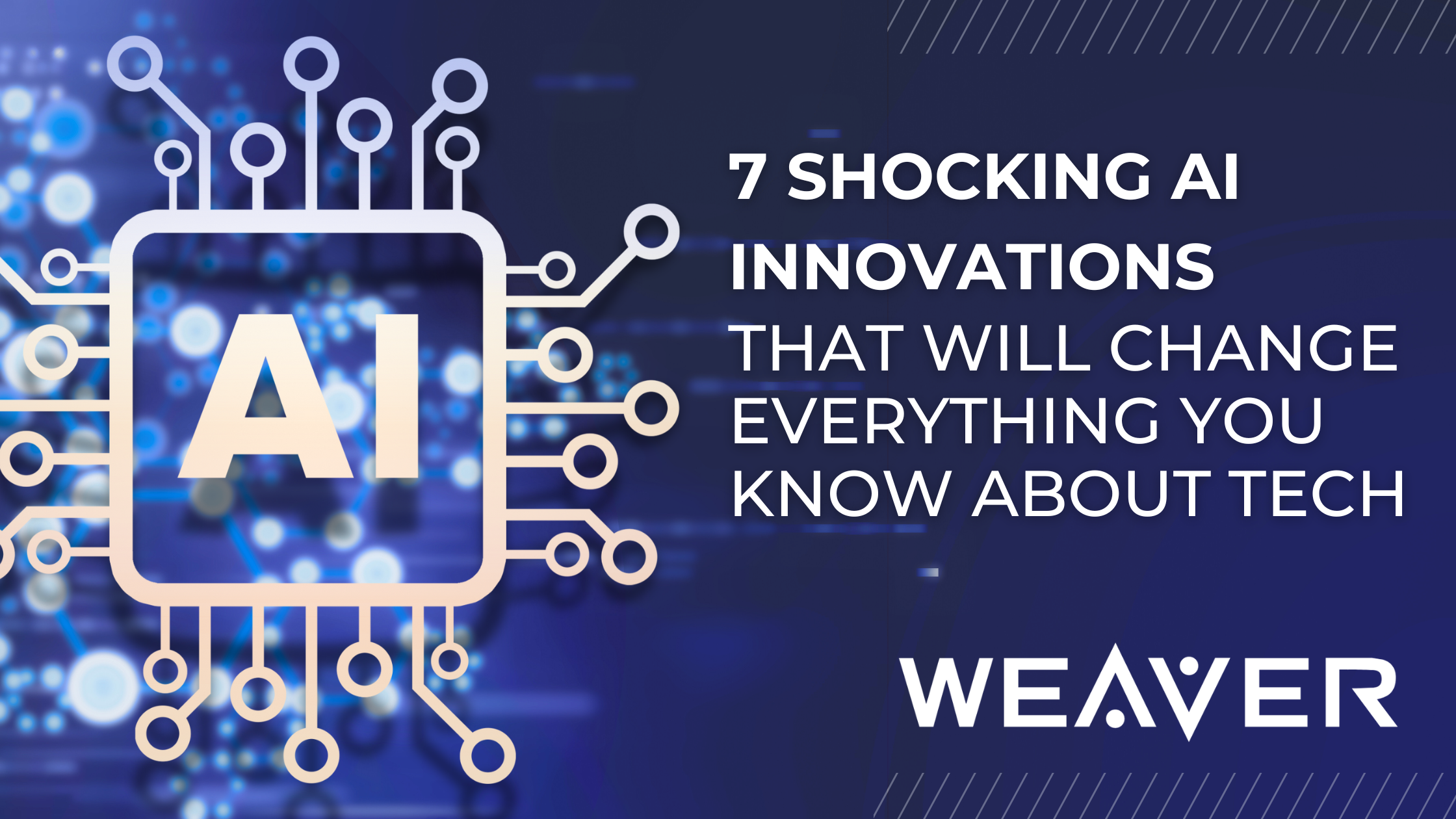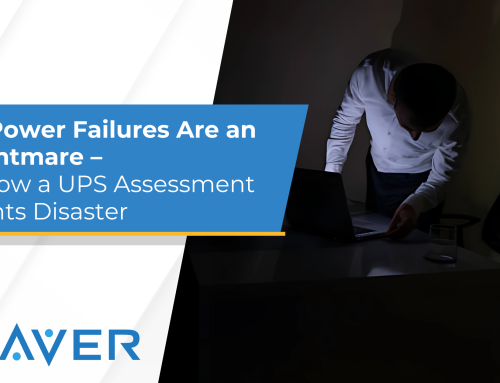Introduction
In honor of AI Appreciation Day, we recognize the significant advancements in artificial intelligence that are reshaping our world. In this blog, we explore the future of AI and its vast potential to revolutionize industries and address complex challenges. Join us in appreciating the impact and promise of AI technology.
AI is not just the future; it’s happening now. Are you ready to see how it will transform your world? From revolutionizing healthcare to reshaping the workplace and beyond, AI is poised to bring unprecedented changes. Dive into the exciting future of AI and discover the innovations that will soon become integral to our daily lives.
Future of AI in Everyday Life
Healthcare Revolution
- AI-Driven Diagnostics and Personalized Medicine: AI algorithms can analyze medical data with incredible speed and accuracy, identifying potential health issues before they become serious. Personalized treatment plans based on AI insights promise to improve patient outcomes dramatically.
- Robotic Surgeries and Patient Care: Surgical robots, guided by AI, are enhancing precision in operations, reducing recovery times, and improving overall patient care. Additionally, AI-powered virtual nurses and caregivers are providing round-the-clock support for patients.
Education Transformation
- AI Tutors and Personalized Learning Paths: AI tutors are available 24/7, providing personalized assistance and feedback to students. AI can also create customized learning plans tailored to individual needs, ensuring that every student reaches their full potential.
- Administrative Automation in Educational Institutions: From admissions to grading, AI is streamlining administrative tasks, allowing educators to focus more on teaching and student engagement.
AI in the Workplace
Enhanced Productivity
- AI-Powered Project Management Tools: These tools help teams collaborate more effectively, track progress in real-time, and optimize resource allocation. By automating routine tasks, AI frees up employees to focus on creative and strategic work.
- Virtual Assistants and Chatbots for Routine Tasks: AI-driven virtual assistants handle scheduling, email management, and customer inquiries, reducing the administrative burden on employees and enhancing efficiency.
Predictive Analytics
- Data-Driven Decision Making: AI analyzes vast amounts of data to provide actionable insights, helping businesses make informed decisions quickly. Predictive analytics can forecast trends, identify opportunities, and mitigate risks.
- Market Trend Predictions and Business Strategies: AI helps companies stay ahead of the competition by predicting market trends and consumer behavior. This allows for the development of proactive business strategies that can adapt to changing conditions.
Cybersecurity
- AI-Based Threat Detection and Prevention: AI systems continuously monitor network activity, detect anomalies, and respond to potential threats in real time, ensuring robust cybersecurity.
- Real-Time Monitoring and Response: With AI, organizations can swiftly identify and neutralize security breaches, minimizing damage and protecting sensitive data.
AI in Cybersecurity
Proactive Threat Detection
- AI-Enhanced Security Systems: AI algorithms detect threats before they cause harm by analyzing patterns and behaviors that indicate potential security breaches.
- Anomaly Detection: AI identifies unusual activities within networks, flagging them for further investigation to prevent cyber attacks.
Incident Response
- Automated Response Systems: AI-driven systems can respond to threats in real time, isolating compromised systems and mitigating damage.
- Threat Intelligence: AI compiles and analyzes data from various sources to provide actionable threat intelligence, helping organizations stay ahead of emerging threats.
Vulnerability Management
- Continuous Monitoring: AI continuously scans for vulnerabilities in systems and applications, providing timely alerts and recommendations for patching.
- Risk Assessment: AI assesses the risk level of identified vulnerabilities, prioritizing them based on potential impact to ensure critical issues are addressed first.
Future of AI in Cloud Computing
Optimized Resource Management
- Dynamic Resource Allocation: AI algorithms automatically allocate computing resources based on demand, optimizing performance and cost-efficiency.
- Energy Efficiency: AI helps data centers reduce energy consumption by predicting workload patterns and optimizing cooling and power usage.
Security and Compliance
- AI-Driven Security Solutions: AI monitors cloud environments for security threats, ensuring compliance with regulatory standards and protecting sensitive data.
- Automated Compliance Checks: AI performs continuous compliance checks, identifying and addressing potential compliance issues before they become critical.
Scalability and Flexibility
- Predictive Scaling: AI predicts usage patterns and scales resources accordingly, ensuring optimal performance during peak times and cost savings during low-demand periods.
- Disaster Recovery: AI enhances disaster recovery strategies by predicting potential failures and automating backup processes to ensure data integrity and availability.
AI in DevOps
Continuous Integration and Deployment
- Automated Testing and Deployment: AI automates testing and deployment processes, reducing errors and speeding up the release cycle.
- Smart CI/CD Pipelines: AI optimizes CI/CD pipelines by predicting potential issues and suggesting improvements to streamline development workflows.
Monitoring and Maintenance
- Predictive Maintenance: AI predicts when systems and applications will need maintenance, reducing downtime and improving reliability.
- Automated Monitoring: AI continuously monitors applications and infrastructure, providing real-time insights and alerts to maintain optimal performance.
Collaboration and Communication
- AI-Driven Collaboration Tools: AI enhances collaboration tools, facilitating communication between development and operations teams and ensuring alignment on project goals.
- Intelligent Incident Management: AI helps manage incidents by categorizing and prioritizing issues, assigning them to the appropriate teams, and providing resolution recommendations.
Conclusion
The future of AI is incredibly promising, with innovations set to transform every aspect of our lives. As AI continues to evolve, it will bring about unprecedented advancements in technology, healthcare, education, and beyond. By embracing these changes, we can look forward to a smarter, more efficient, and more connected world.
Interested in how AI can revolutionize your business? Contact us today to learn more about our innovative AI solutions and how we can help you stay ahead of the competition. Let’s transform your future with AI!







